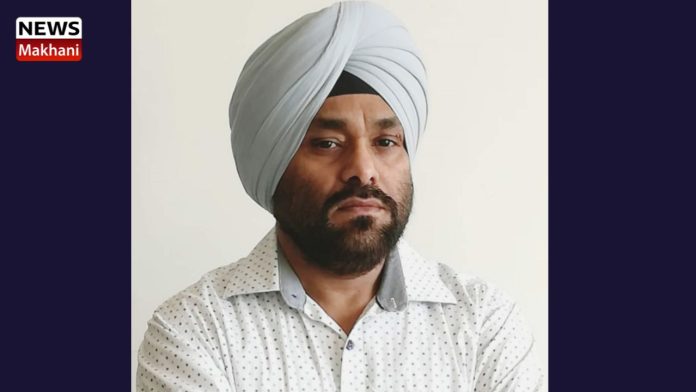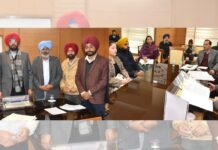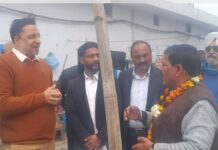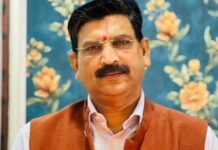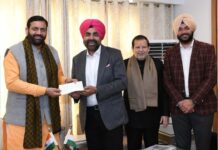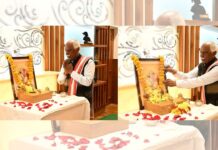— Apart from Political parties, the civil societies and NGOs should also be invited – Kainth
— An appeal to hold a debate on the policy of reservation along with the discussion on the deteriorating condition of agriculture, water and drug issues.
Chandigarh, October 30 –
In the forthcoming debate on the critical issues of Punjab scheduled for November 1, there is a compelling and urgent need to include the concerns of the Scheduled Castes, as articulated by Paramjit Singh Kainth, the President of the National Scheduled Castes Alliance (NSCA). Beyond the customary presence of political parties, this appeal emphasizes the importance of involving civil societies and non-governmental organizations (NGOs) in shaping the discourse. It highlights the necessity for a more inclusive and comprehensive approach to public service discourse, particularly given the substantial presence of Scheduled Castes in Punjab’s demographic landscape, and their enduring struggle with marginalization, discrimination, and socio-economic deprivation.
The Aam Aadmi Party government, under the leadership of Chief Minister Bhagwant Singh Mann, has set the stage for a discussion on the pressing issues confronting Punjab. These include the alarming state of agriculture, water resources, and the pervasive drug problem. Alongside these paramount concerns, the NSCA, a dedicated advocate for the rights and well-being of Scheduled Castes, urges a deliberate examination of reservation policies, which hold a profound significance for the 35 percent Scheduled Castes of Punjab’s population that they directly affect. This appeal is underscored by the fundamental principle that the survival and prosperity of the Scheduled Caste community is inextricably tied to the equitable and just implementation of these policies.
Mr. Kainth said, “the profound and multifaceted issues affecting the Scheduled Caste community in Punjab encompass concerns related to the post-matric scholarship scheme, the equitable distribution of panchayat land in rural areas, social ostracism, violence, exploitation in villages, and the insidious influence of discrimination and political pressures on law enforcement, resulting in the registration of unjustifiable FIRs. In the backdrop of more than four decades of static reservation policies, there exists a critical need to focus on the Scheduled Caste sub-plan as a pivotal instrument for elevating living standards and ensuring justice for this marginalized community”.
In line with the NSCA’s appeal, there is a compelling argument to expand the spectrum of voices in this debate by involving civil societies and NGOs that have made commendable contributions to the welfare of society. Their inclusion will not only enrich the discourse but also provide a more holistic perspective on the challenges faced by the Scheduled Castes in Punjab. In this context, it is essential to reiterate that a broader and more inclusive dialogue, as proposed by Mr. Kainth is indispensable for addressing the issues that resonate deeply with a significant segment of Punjab’s population.
The NSCA’s call for a more inclusive and participatory approach to the forthcoming debate showcases the importance of focusing on the issues of Scheduled Castes. This approach aligns with the government’s commitment to comprehensively addressing the complex challenges confronting Punjab and underscores the importance of a dialogue that goes beyond traditional political boundaries. It recognizes the centrality of the issues faced by the Scheduled Castes and endeavours to place them at the forefront of the discourse, in alignment with the principles of equity, justice, and social inclusion.

 हिंदी
हिंदी
